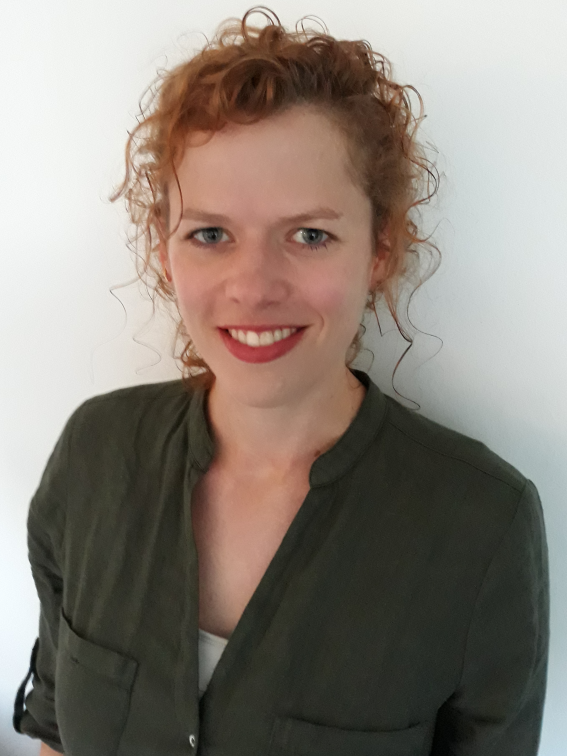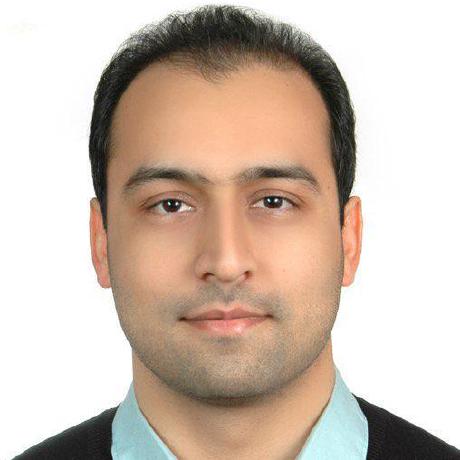ZITI-Fellowships
The Institute of Computer Engineering (ZITI) at Heidelberg University awards post-doctoral fellowships to especially promising young researchers in computer science and engineering. Each fellowship includes a full-time position for 2 years, a yearly budget that is at free disposal of the fellow and a coaching program in support of the academic career. Each fellow is be assigned a ZITI member as a personal mentor for the duration of the fellowship. The fellowships provide exceptional flexibility and allow for a broad range of research topics. They should enrich the ongoing research activities at ZITI, e.g. in new computational systems, analog circuits and sensors, FPGAs, GPU and HPC algorithms, machine learning, energy efficiency, or biomechanics and robotics.
The main aim of the fellowship program is to support young researchers in exploring new research ideas and in enabling them to successfully apply for long-term funding of an independent junior research group by the end of the fellowship. ZITI will support the fellows in selecting appropriate funding schemes and in the application process.
Current Fellows
Dr. Jacob Boehm: Exoskeletons for rehabilitation
Jacob received his PhD from the University of Texas at Austin in Mechanical Engineering in 2023. His PhD work focused on modeling and analyzing coordinated bimanual movement from kinematic features of human-centric data, and it was applied to robotic surgery training. Previous to his doctoral studies, Jacob received the B.S. degree in Mechanical Engineering from Missouri University of Science and Technology and the M.S. degree in Mechanical Engineering from the University of Texas at Dallas. His research interests regard the integration of robotics and haptics with human motor control theory for the improvement of augmented human performance and learning. His research has application in several human-operated robotic systems, namely surgical robotics, and he is now extending his work at the University of Heidelberg to exoskeletons designed to assist in rehabilitative efforts.
Dr. Amin Aminifar: Privacy-preserving federated learning
Amin Aminifar received his Ph.D. degree in computer science from the Western Norway University of Applied Sciences, Bergen, Norway, in 2022. His current research interests include privacy-preserving federated learning and distributed machine learning with applications in the healthcare domain as well as machine learning in resource-constrained devices in the healthcare domain.
Dr. Lizeth Sloot: Computational Biomechanics

Lizeth completed her PhD focused on validating technologies to assess motor dysfunction in children with cerebral palsy at the Rehabilitation Medicine Department of the VU University Amsterdam in 2016. Working together with patients and clinicians, she found her passion in applying movement analysis for rehabilitative purposes and worked on the application of dynamometry and an interactive gait lab to quantify neuromuscular impairments. Eager to go from identifying problems to restoring mobility in patients, Lizeth worked for three years with Prof. Walsh at Harvard University to investigate the rehab potential of soft exosuits to enhance ambulation in post-stroke patients. Arriving at Heidelberg University in 2019, she shifted her focus to studying the decline in motion and balance of the elderly across different daily movements. Lizeth received the Promising Scientist Award from the International Society of Biomechanics (ISB) in 2021. Her research has been awarded three best paper awards (ESMAC, 2014; ICRA 218; ESMAC 2020). She has been awarded a collaborative grant (HEIKA, 2020), a postdoctoral fellowship (Ter Meulen, 2016) and is admitted with a grant to the Elite Postdoc Program by the state of Baden-Württemberg.
Dr. Kazem Shekofteh: High Performance Medical Data Processing

Kazem Shekofteh is a postdoctoral research fellow at the Institute of Computer Engineering at Heidelberg University. His research interests focus on GPU computing, performance analysis of parallel programs and high performance computing in Bioinformatics. Previously, he was an assistant professor at Shandiz Institute of Higher Education, Mashhad, Iran. He got his PhD and MSc degree from Ferdowsi University of Mashhad, Iran in 2019. In late 2016, he was awarded a visiting scholarship at Heidelberg University. He has published papers in outstanding journals such as IEEE Transactions on Parallel and Distributed Systems. He has been serving as co-chair for the Workshop on IoT, Edge, and Mobile for Embedded Machine Learning (ITEM) 2022/23, student volunteer co-chair for IEEE CLUSTER 2022, program committee member for CCGRID2023, ICPP 2023, CANDAR 2023, poster committee member for SC2023, and also frequently providing reviews for established journals, such as IEEE TPDS, JPDC, and Supercomputing.





